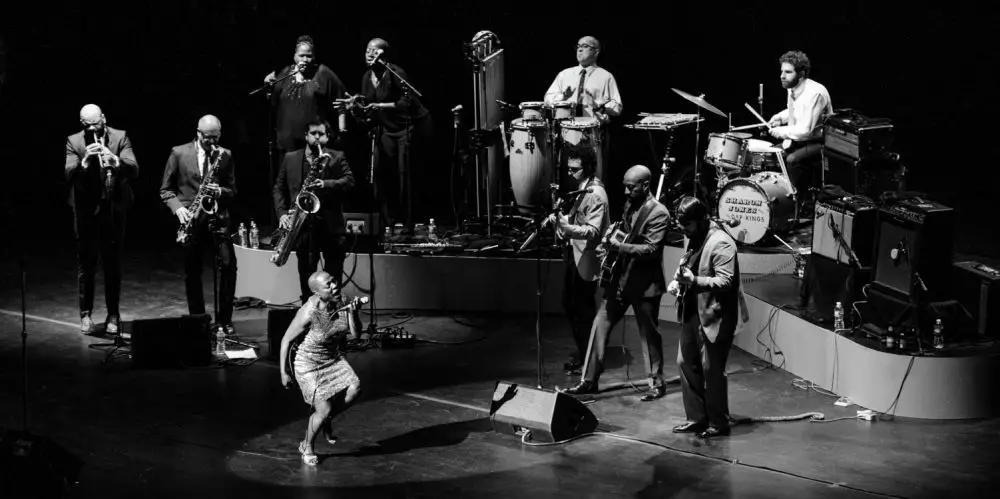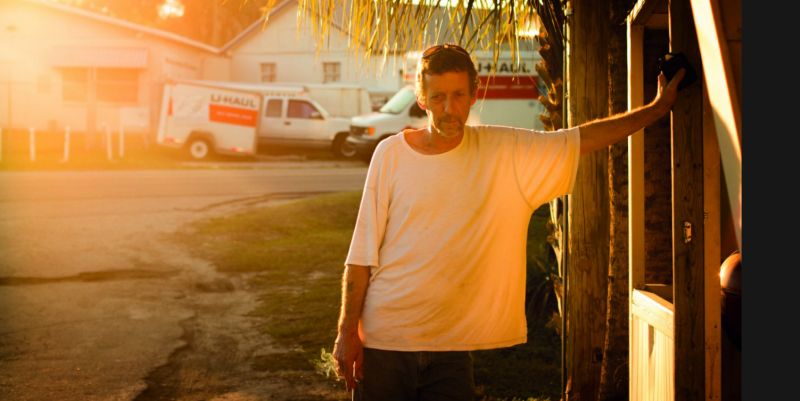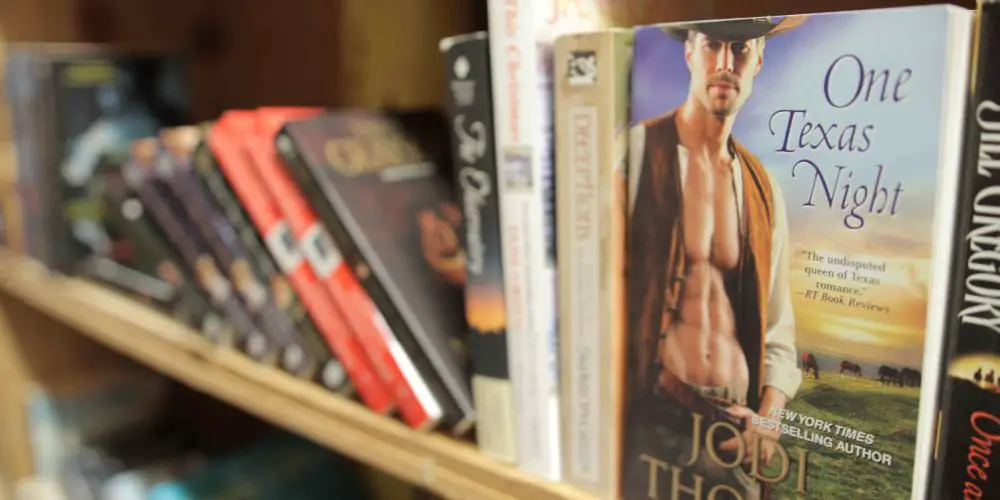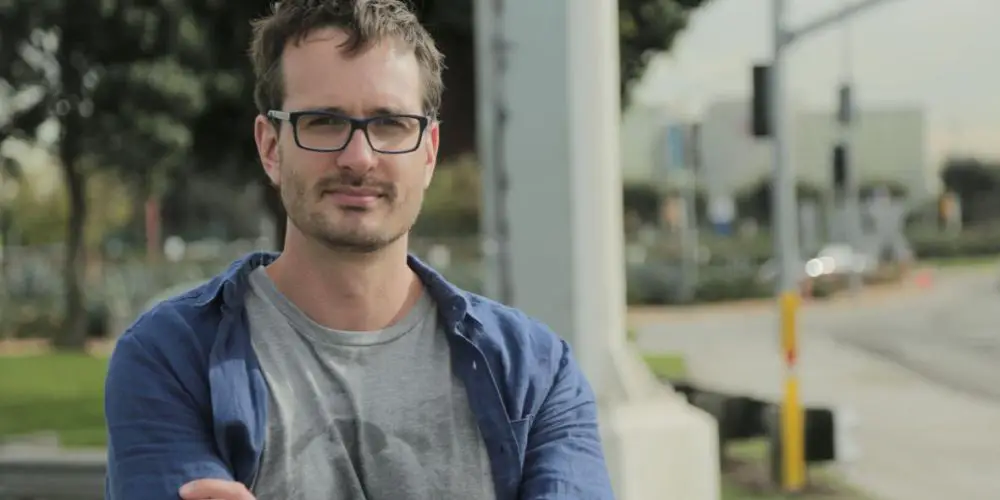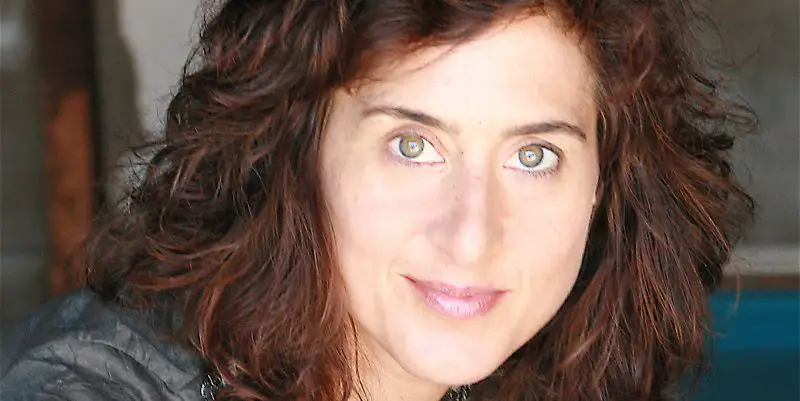documentary
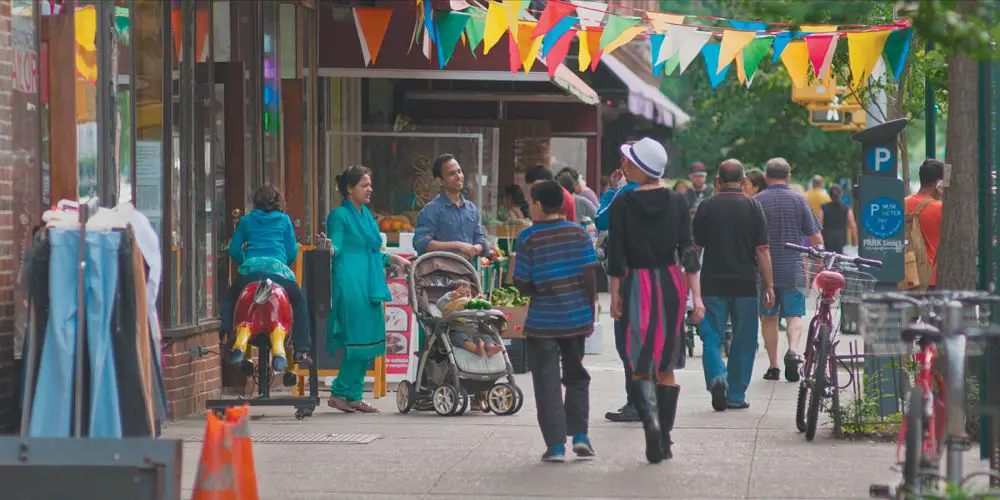
By definition documentaries sound like a pretty straightforward genre; but the evolution of the genre over the years is anything but simple. While I don’t want to sound combative towards the artistic growth of any art form documentaries have splintered into so many different directions, we’re running out of terms for all of the varied sub genres. For every Michael Moore, Alex Gibney, or Errol Morris there seems to be only one Frederick Wiseman which is why his work always feels like a breath of fresh air.
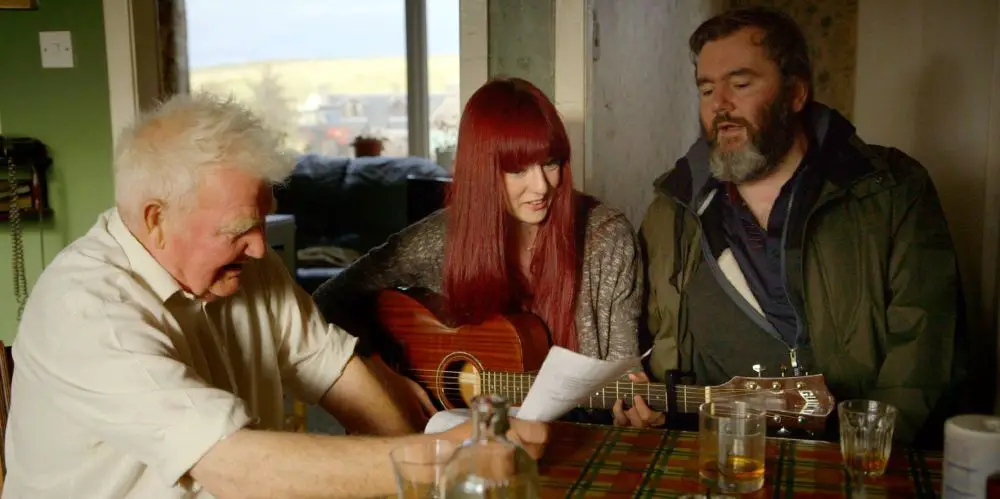
In a time when facts, figures and certainties are thin on the ground, when reality itself appears to be fragmented into many non-congruent shards, it is perhaps not so surprising that some sense of perspective can be gained in the comforting darkness of the cinema theatre. Discombobulated by events both political and personal, I sought refuge from Manchester’s silvery anti-summer at a screening of Paul Fegan’s Where You’re Meant To Be, chronicling musician Aidan Moffat’s journey around Scotland in his quest to re-interpret some of the country’s folk standards in a more contemporary light. Throughout the film and the subsequent Q & A with Fegan and Moffat at Manchester’s Home, the theme of authenticity surfaced from the loch of uncertainty that clouds our ability to make sense of these times.
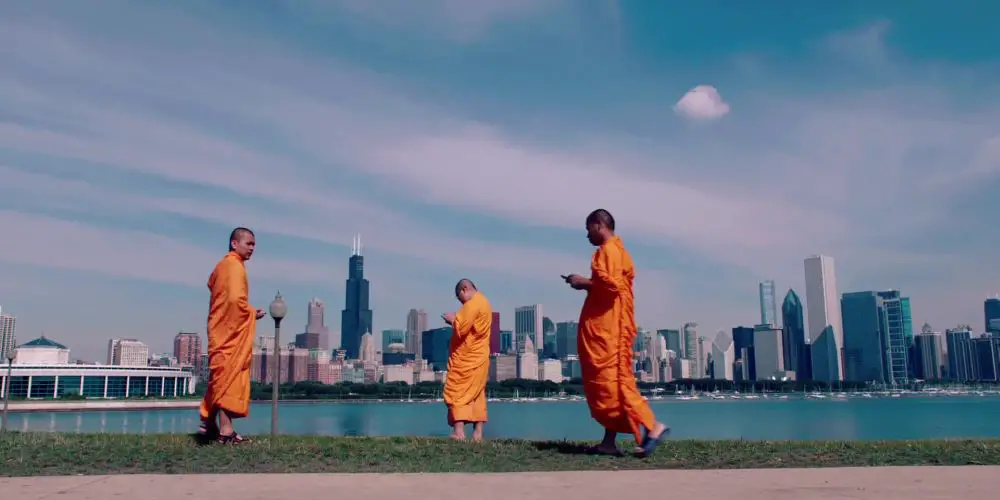
In the fifties, Tex Avery made a series of shorts for MGM collectively called “The World of Tomorrow” in which the animator imagined what wonders the kitchen appliances, automobiles and society of the future will offer. The cartoons present with one fantastical gadget after another, all quite utilitarian, but with tongue firmly planted in cheek. The message is clear, technology may be our salvation, but left in the hands of man there will always be something to muck up.

*Editorial Note: This documentary short won the Best Documentary prize at the first Drunken Film Fest, organised by Film Inquiry’s Jax Griffin. The documentary selections were hand picked by Arlin Golden, another contributor to the site* Every American community is home to countless strange pastimes and traditions, but many of these events don’t fully adapt to modern American life.
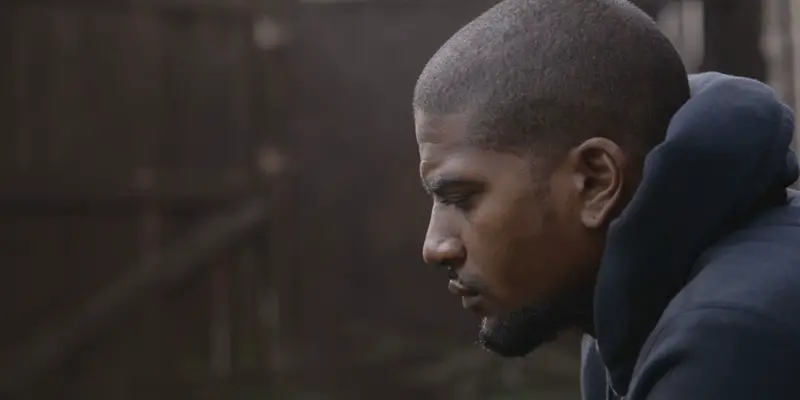
I was lucky enough to get the chance to interview The Hard Stop’s director, George Amponsah, producer, Dionne Walker and co-star Marcus Knox-Hooke, recently, before watching a screening of the film followed by an audience Q&A with Amponsah, Walker, Knox-Hooke and co-star Kurtis Henville. It was one of the most moving and insightful experiences I’ve had for a long time, and I’m still unravelling the many thoughts and feelings both the film and our conversation inspired. The IMDB description of the film The Hard Stop explains:
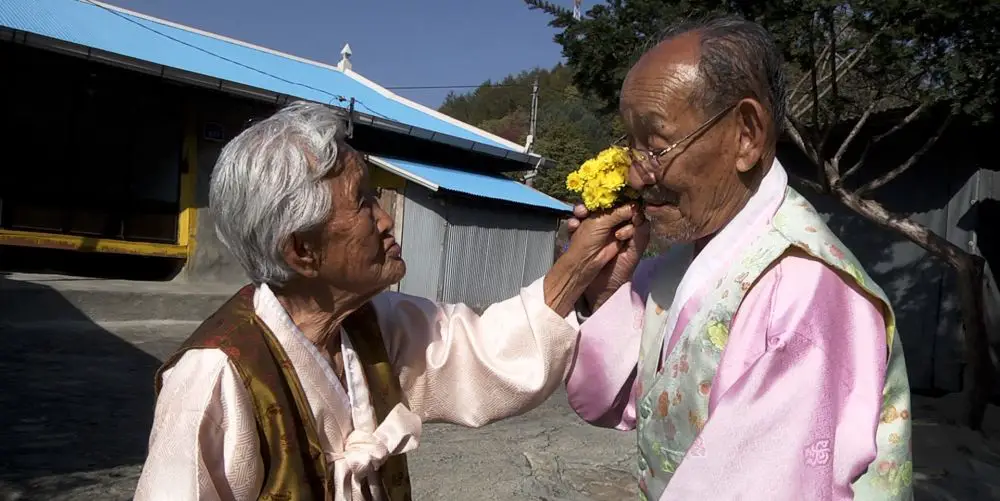
Jin Mo-young’s debut documentary feature, My Love, Don’t Cross That River, is extremely touching, and from solely watching the trailer of this South-Korean film, you can see why. Released for the festival circuit in 2014, Jin shows us a 98-year-old Jo Byeong-man and 89-year-old Kang Kye-yeol, who’d been married for 76 years. Jin filmed the elderly couple in their mountain village home in Hoengsong County, Gangwon Province for 15 months.

What happens when a doctor, a goat, and an impotent man converge in small town Kansas in 1917? Something you probably wouldn’t believe if it wasn’t told to you in a documentary or by some other authoritative source, because the story is wild, weird, and very nuts. What happened was that doctor John Romulus Brinkley developed a goat-to-human testicular transplant that cured the impotent man, launching him to fame and fortune while the rest of America sunk deep into the Great Depression.
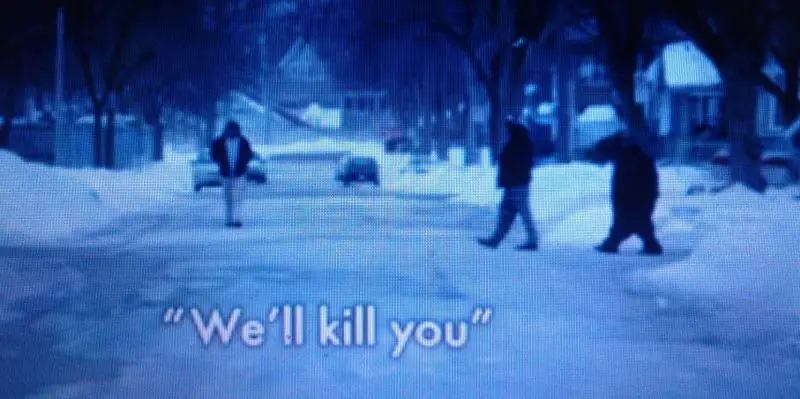
There are no shortage of docs that explore underworlds and subcultures most of us have hardly considered, if we knew they existed at all. These sorts of films, which have been a hallmark of the modern documentary since Salesman and feature subjects as varied as those of Paris is Burning and Murderball, serve both to reveal what is unique about adherents of a particular subculture as well as communicate how they have the same hopes and dreams as everyone else. The new documentary Tickled is no exception, but it flips the idea on its ear.
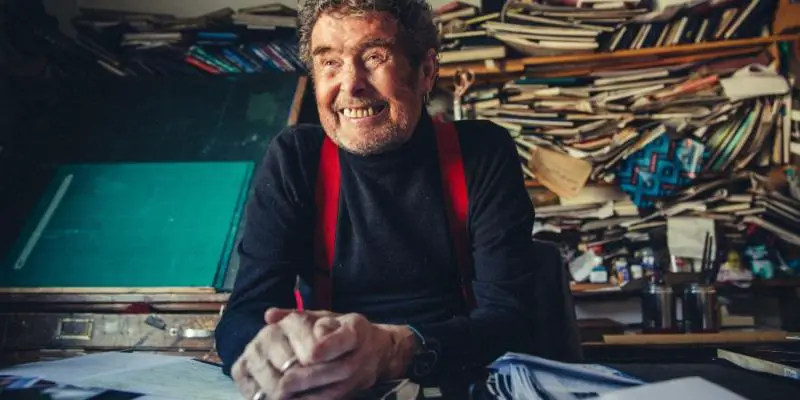
I first saw My Brief Eternity at the Wales International Documentary Festival, and such was its impact on me that after meeting the director Clare Sturges, and after writing up the festival itself, I resolved to review it so that others would come to know of it. The short documentary is a joint project between Maggie’s and Brightest Films, the former being a cancer charity, the latter Sturges’ production company. The film is about the Welsh artist; Osi Rhys Osmond.
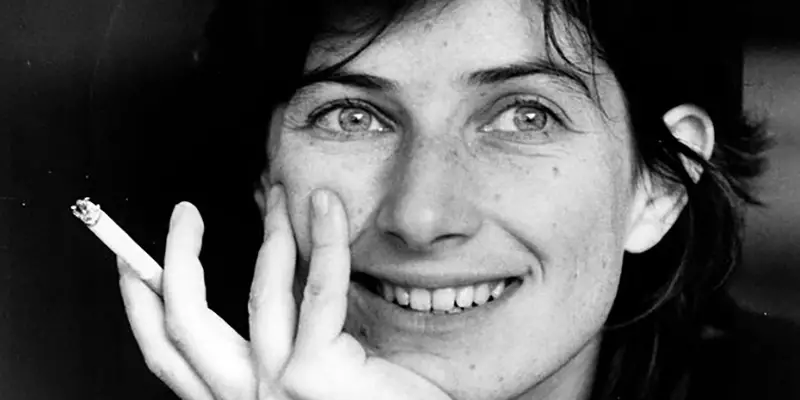
Chantal Akerman is a unique director whose minimalist compositions have earned her a reputation as one of cinema’s foremost screen artists. Best known for her 1975 film Jeanne Dielman, 23 quai du Commerce, 1080 Bruxelles, Akerman’s body of non-fiction work stands out with deliberately punctuated documentaries, giving the term “fly on the wall” new meaning. While Akerman’s body of work is varied, her vision of melding reality and fantasy are sometimes indistinguishable, and this omnibus of her work shines a light on an omniscient eye for capturing the world around us.


